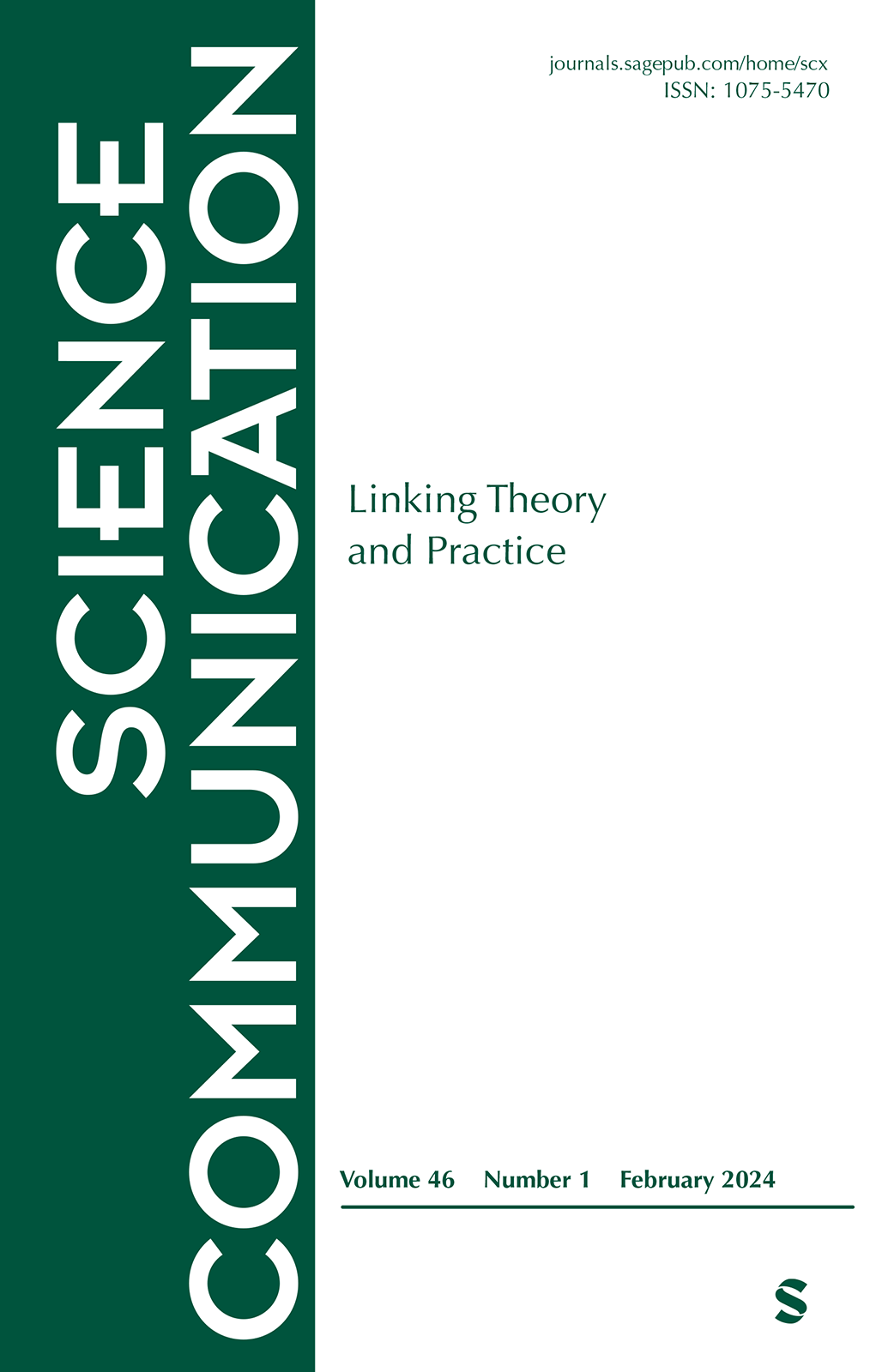在错误信息纠正中克服确认偏差:处理动机和术语对气候变化政策支持的影响
IF 4.1
1区 文学
Q1 COMMUNICATION
引用次数: 0
摘要
一项 2(行话 vs. 无行话)×3(动机:控制 vs. 准确性 vs. 印象)的主体间实验考察了行话和处理动机对纠正气候变化错误信息和促进政策支持的影响。结果显示,当参与者被要求在信息处理过程中关注准确性时,行话的使用会产生积极影响。这种效应通过减少愤怒、增加系统处理和增强信息可信度感知来调节。然而,在没有特定动机的情况下,行话会产生负面影响,而在要求参与者专注于建立积极的社会印象时,行话对纠正结果没有影响。这些发现为信息处理提供了理论意义,也为解决气候变化背景下的错误信息提供了实践启示。本文章由计算机程序翻译,如有差异,请以英文原文为准。
Overcoming Confirmation Bias in Misinformation Correction: Effects of Processing Motive and Jargon on Climate Change Policy Support
A 2 (jargon vs. no jargon) × 3 (motive: control vs. accuracy vs. impression) between-subjects experiment examined the impact of jargon and processing motive in correcting climate change misinformation and promoting policy support. The results revealed a positive effect of jargon use when participants were asked to focus on accuracy during information processing. This effect was mediated by reduced anger, increased systematic processing, and enhanced perceptions of message credibility. However, jargon had a negative effect when no specific motive was induced, and it did not make a difference in correction outcomes when participants were asked to focus on making positive social impressions. These findings provide theoretical implications for information processing and practical insights for addressing misinformation in the context of climate change.
求助全文
通过发布文献求助,成功后即可免费获取论文全文。
去求助
来源期刊

Science Communication
COMMUNICATION-
CiteScore
13.50
自引率
4.40%
发文量
19
期刊介绍:
Science Communication is a prestigious journal that focuses on communication research. It is recognized globally for publishing top-quality manuscripts that demonstrate excellent theoretical frameworks and robust methodology. Our journal embraces a broad definition of science, encompassing not only the natural and physical sciences but also social science, technology, environment, engineering, and health. Regardless of the scientific area, effective communication is always the focal point of our investigations.
Apart from theoretical and methodological rigor, we place great emphasis on the practical implications of scientific communication. Therefore, we expect all submitted manuscripts to address the real-world applications and significance of their research, alongside theoretical considerations.
In summary, Science Communication is an internationally renowned journal dedicated to bridging the gap between science and society. By promoting effective communication in various scientific domains, we strive to engage readers with intriguing research that has tangible implications for the world around us.
 求助内容:
求助内容: 应助结果提醒方式:
应助结果提醒方式:


